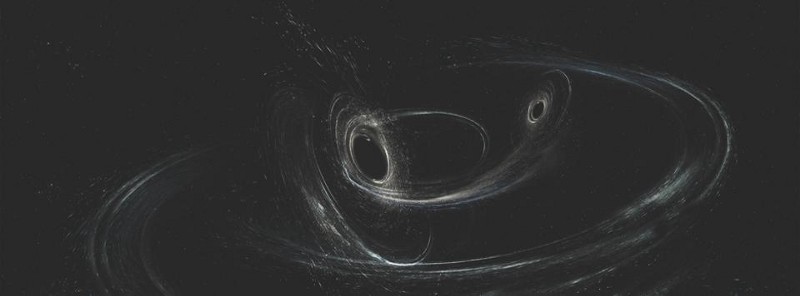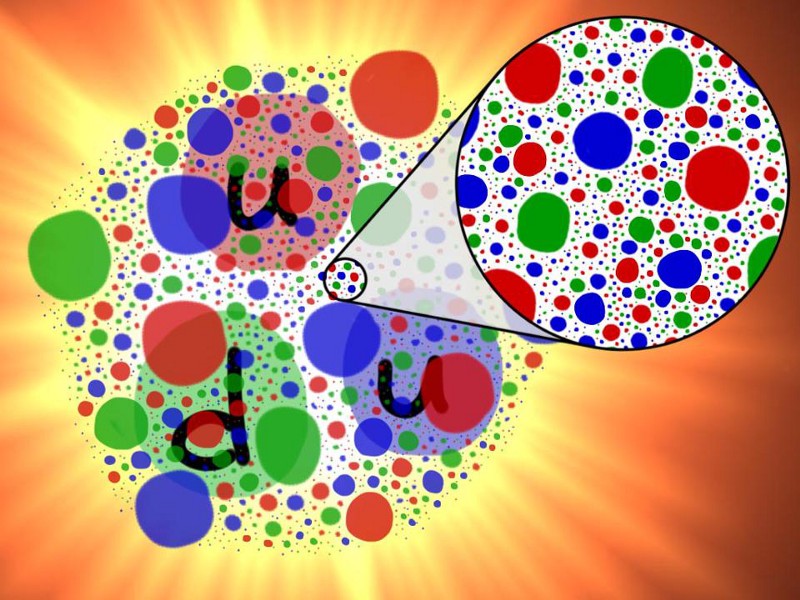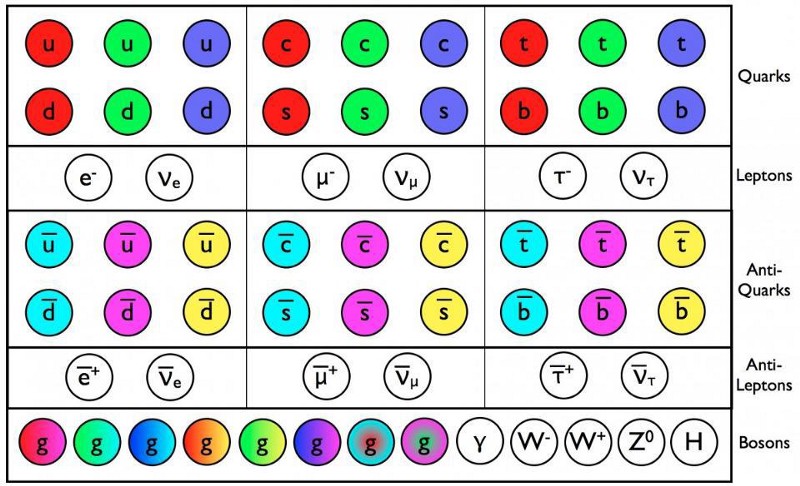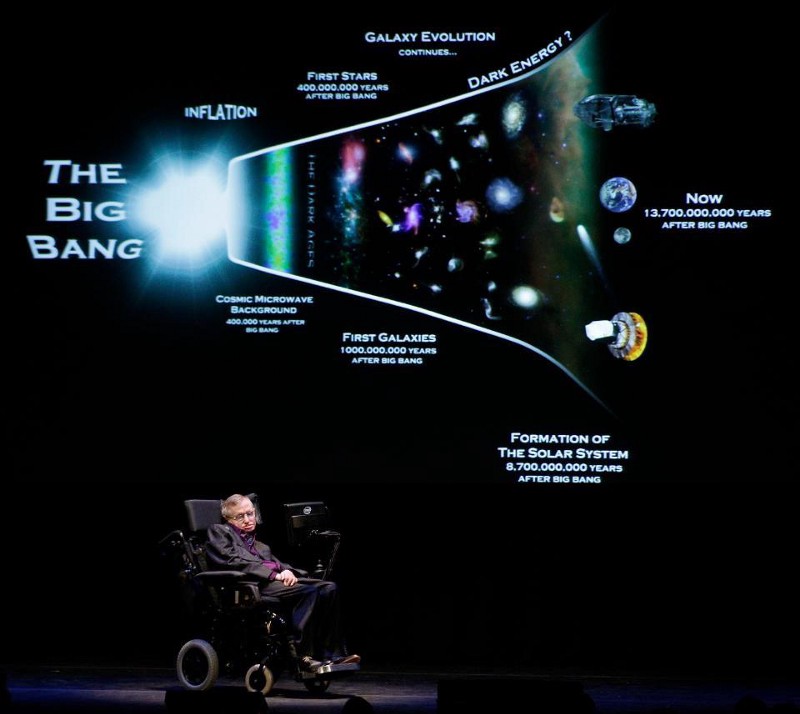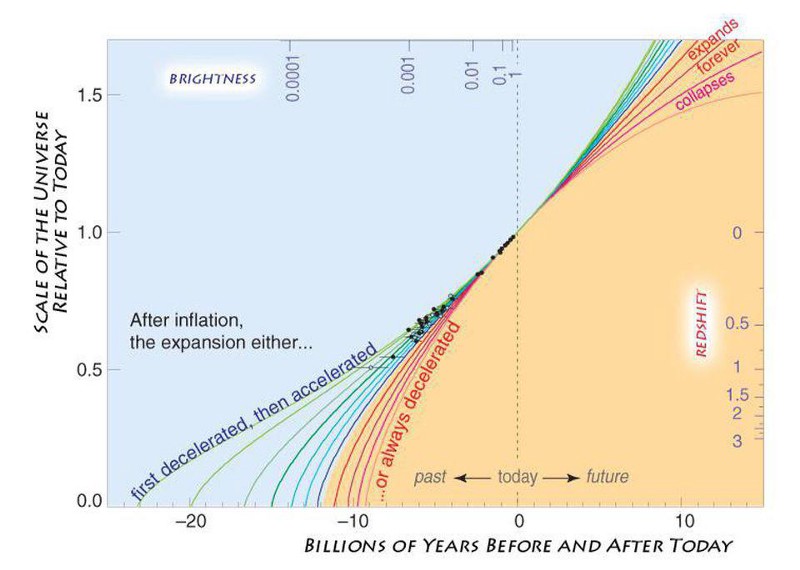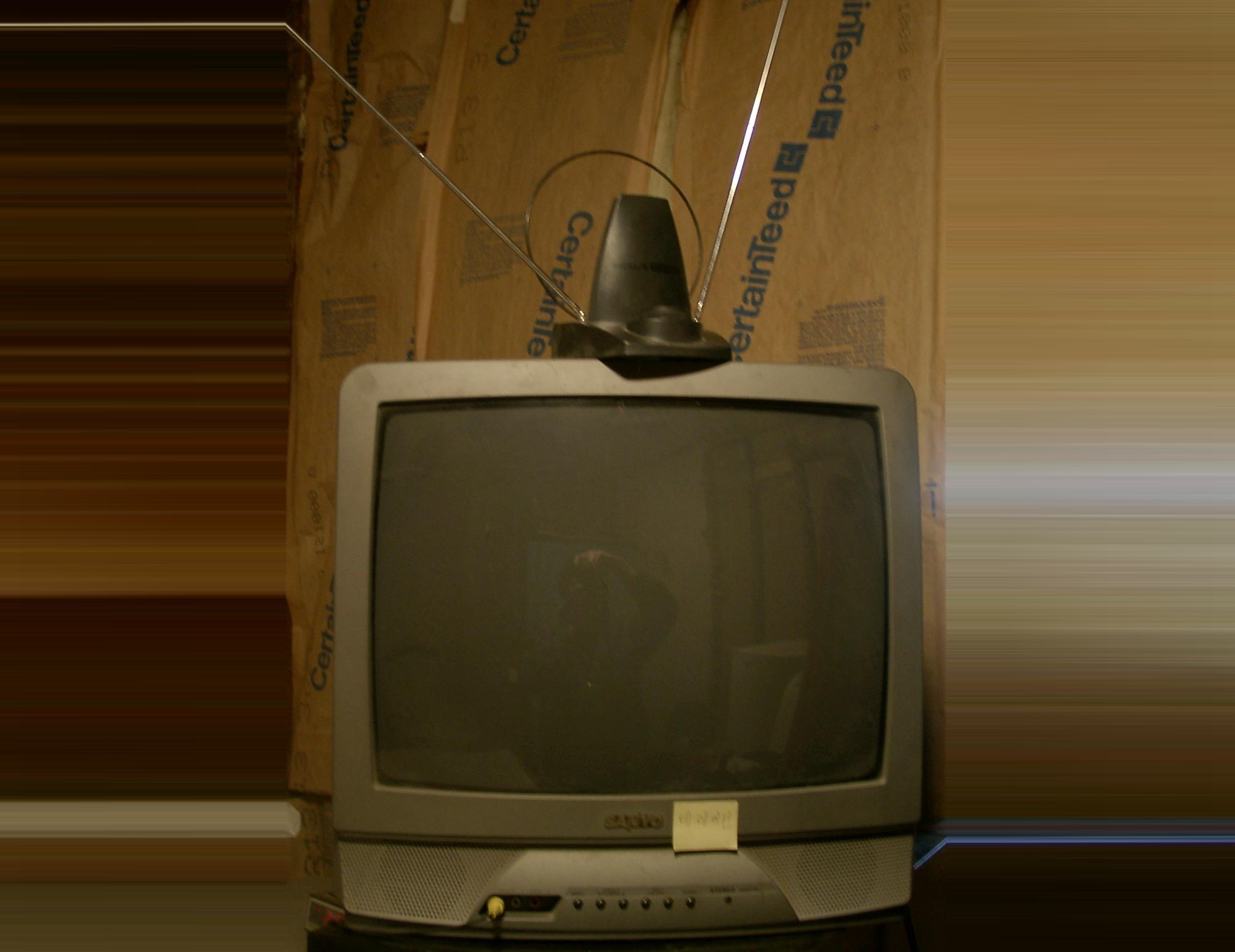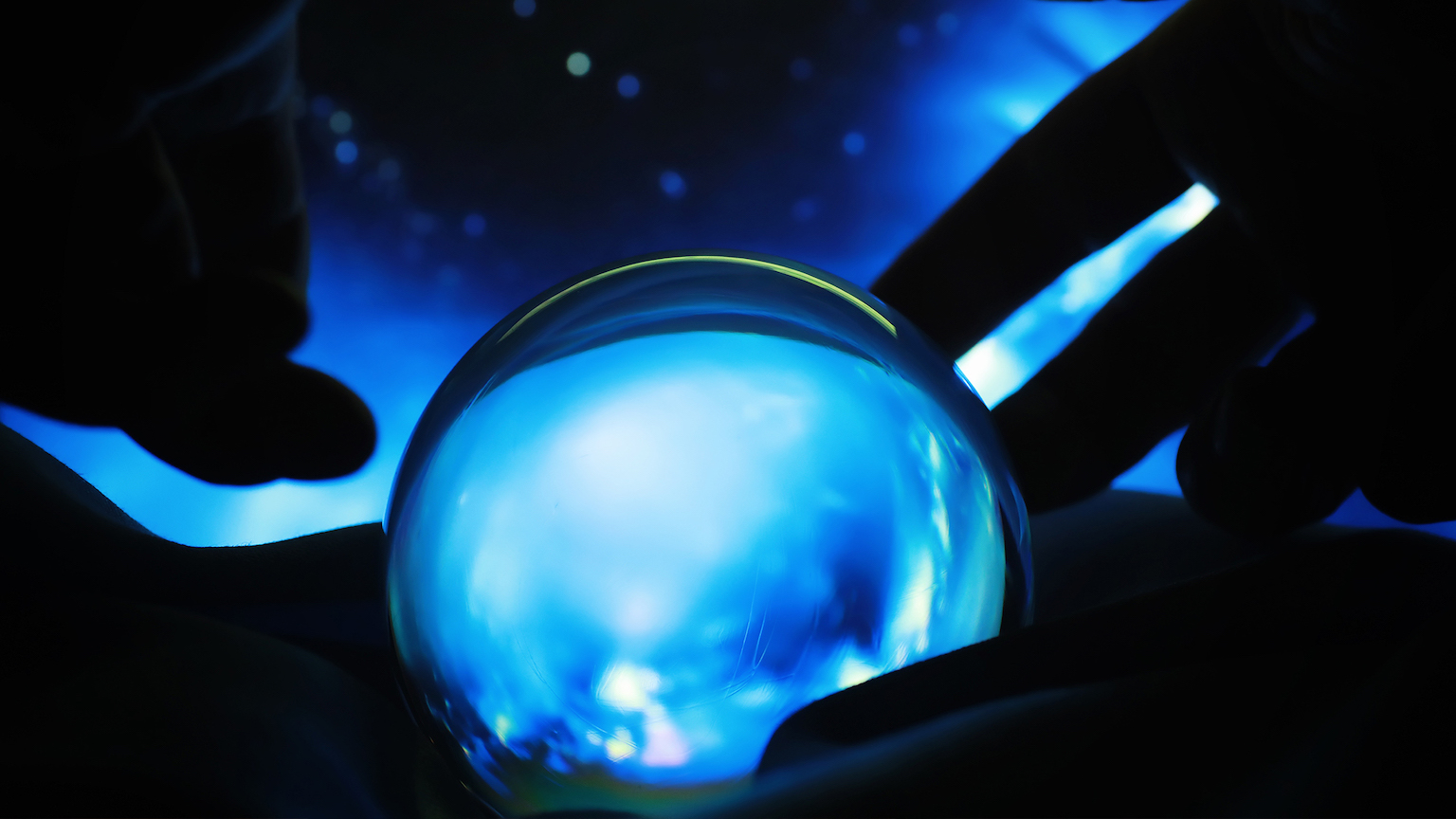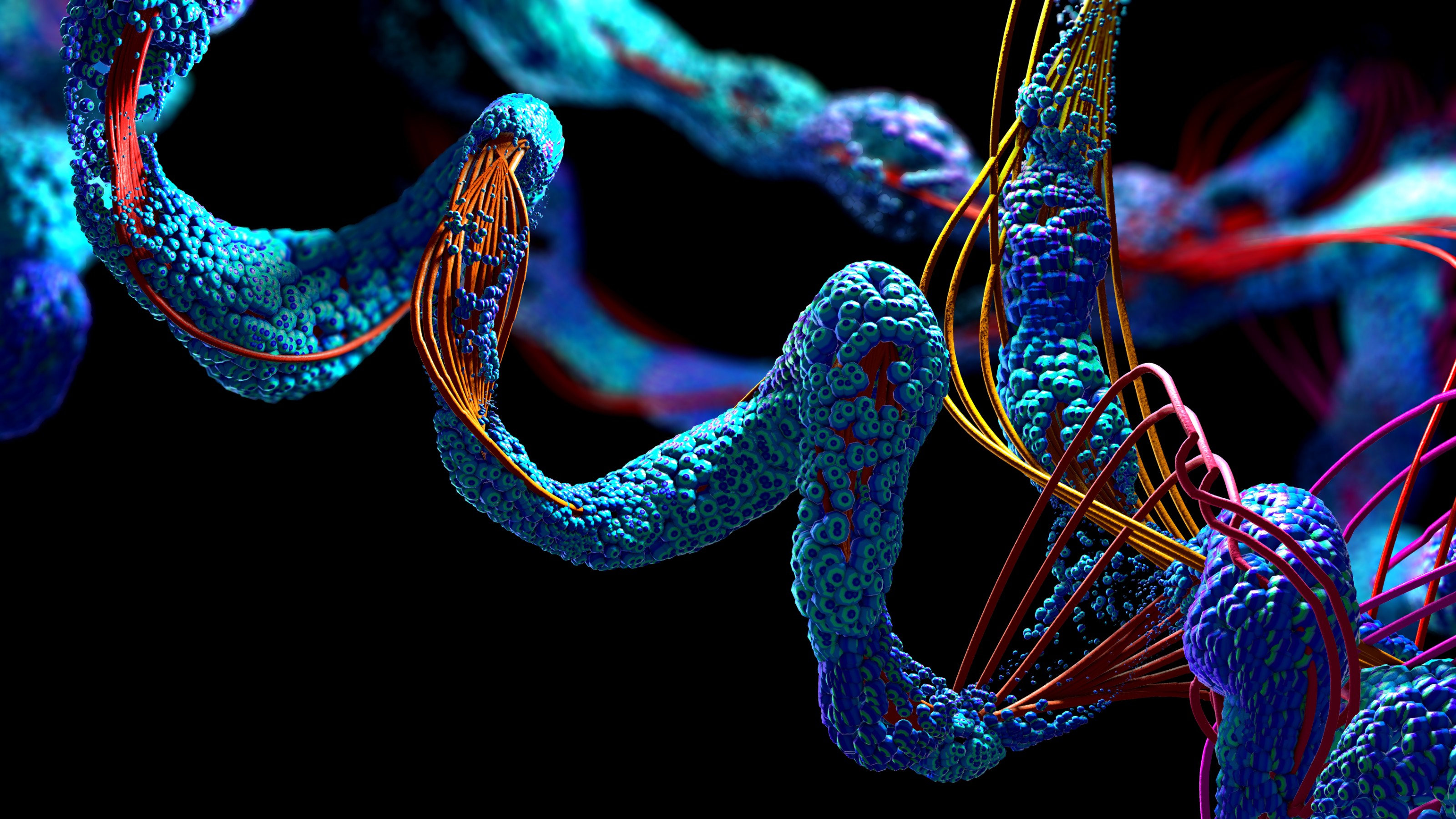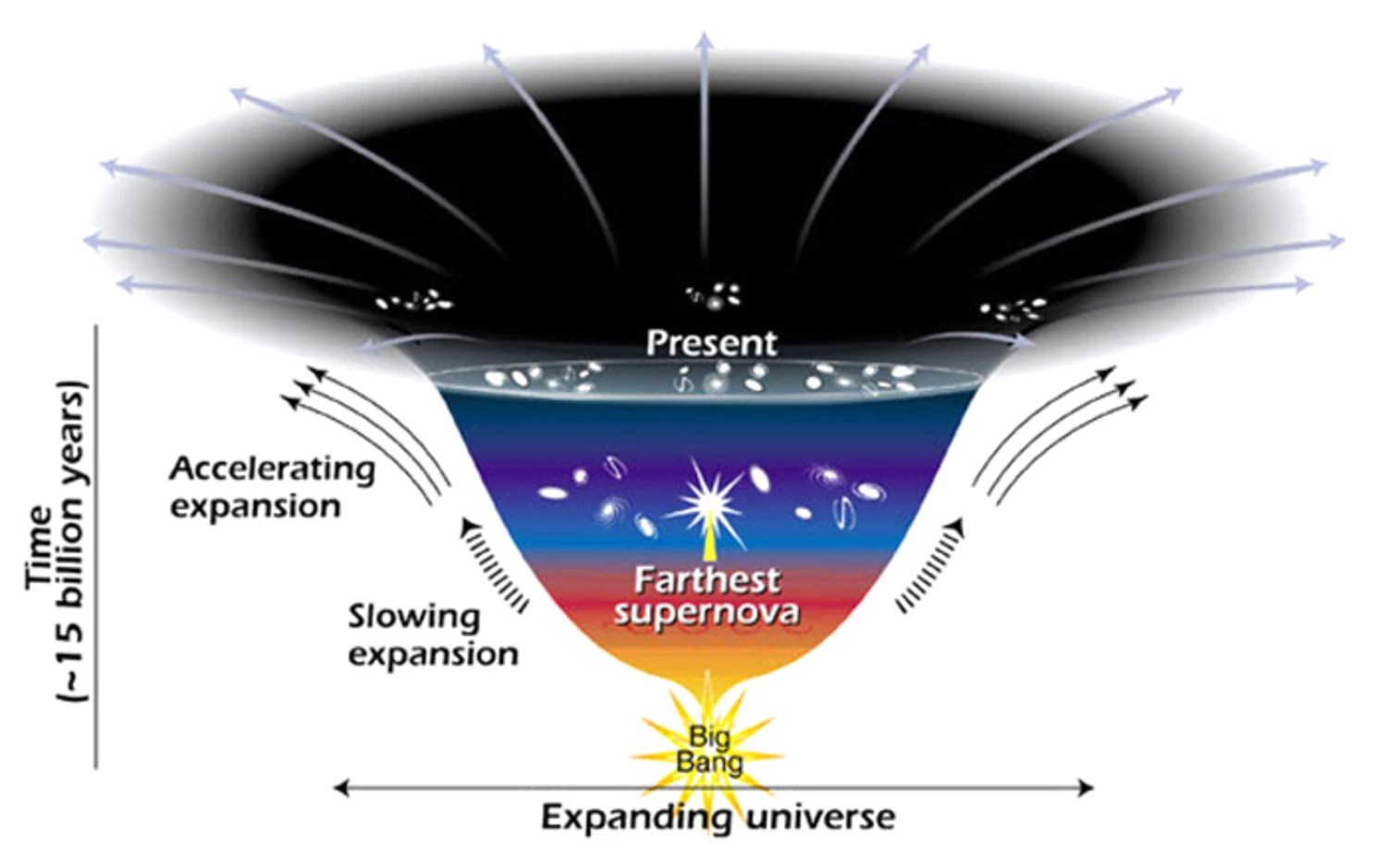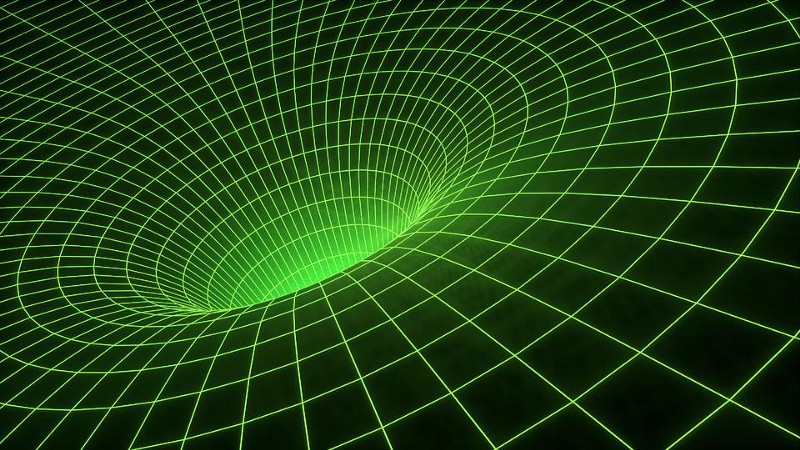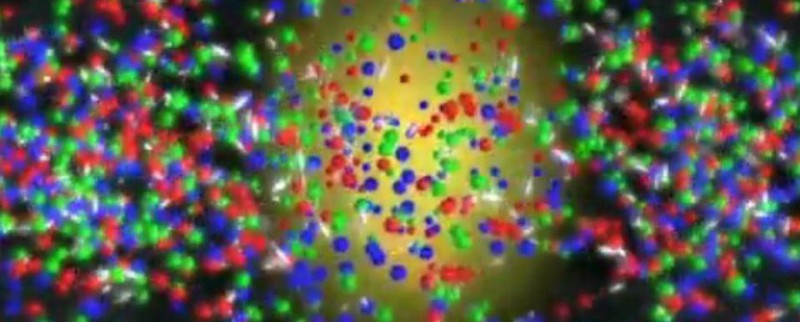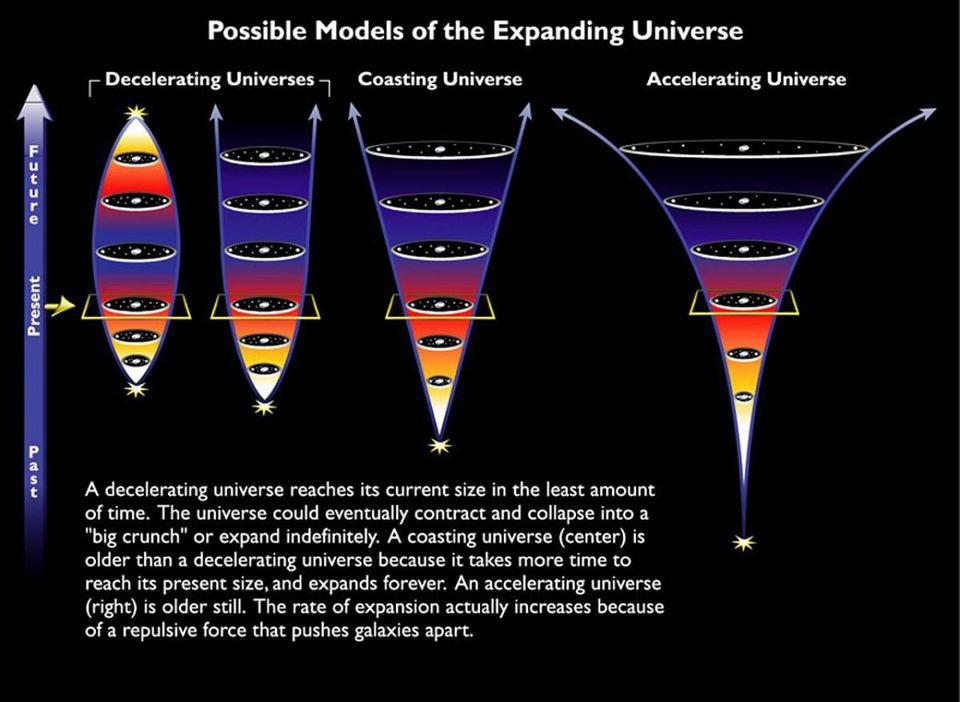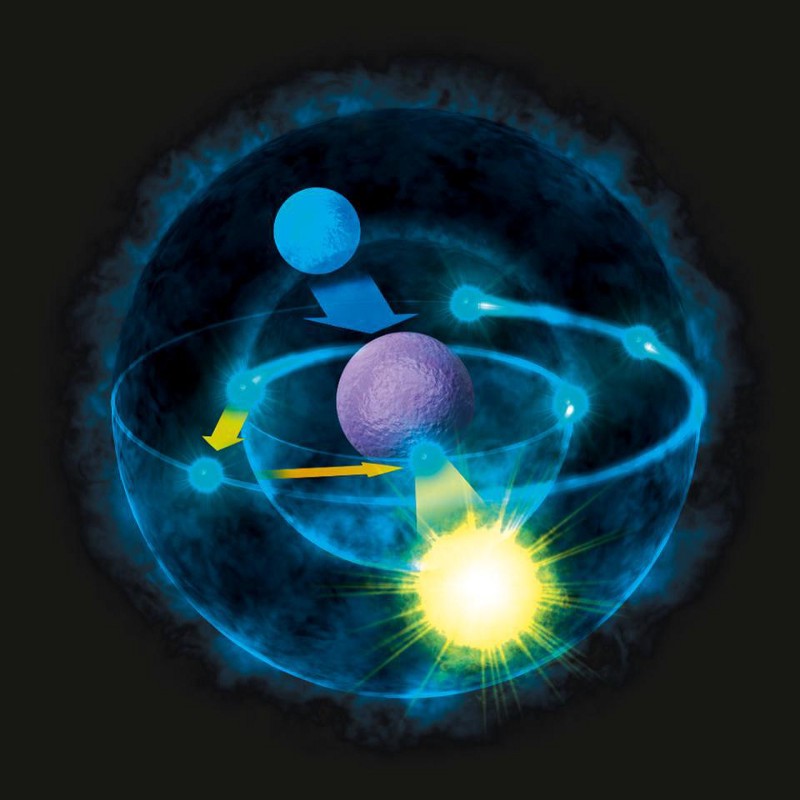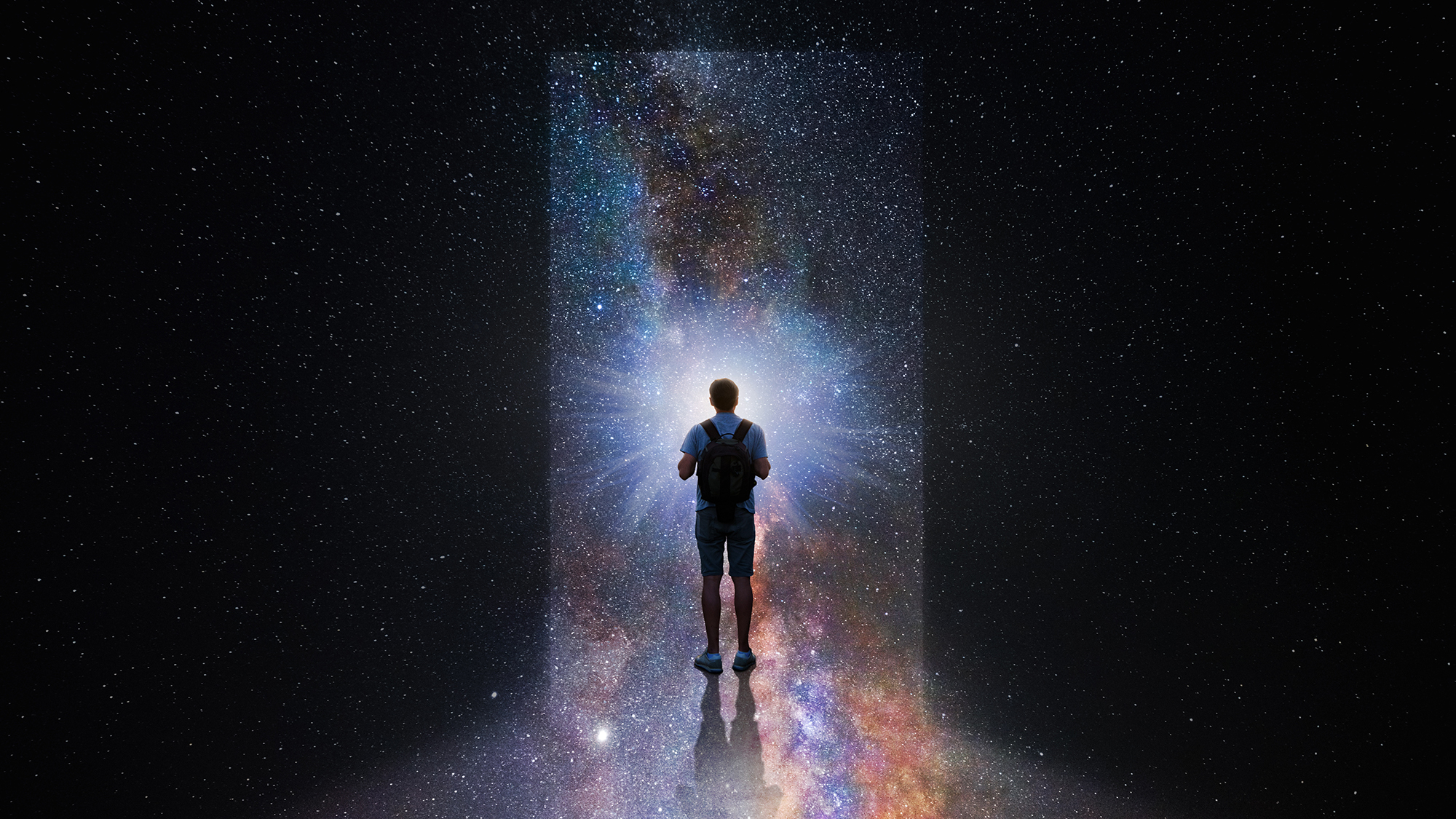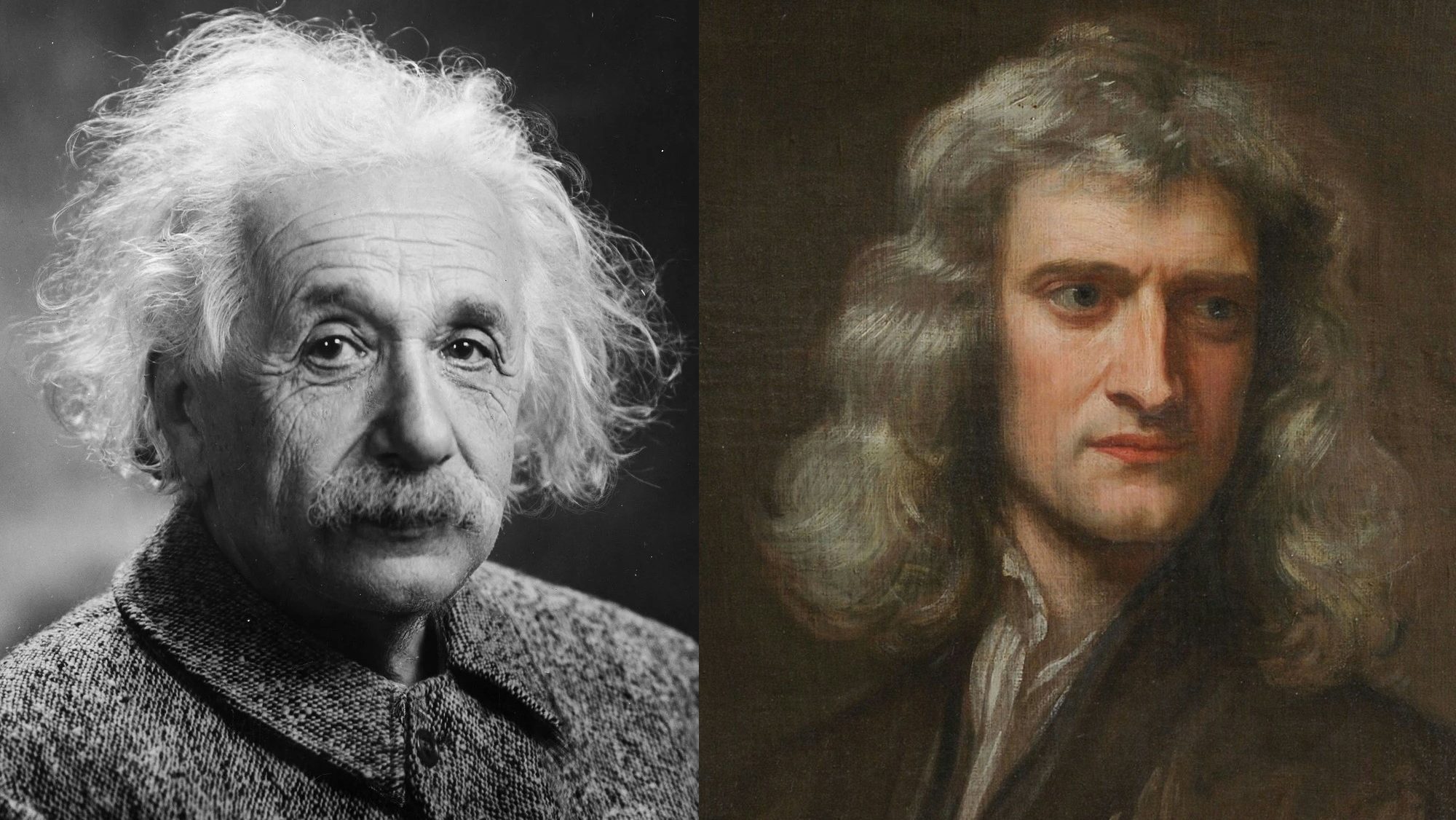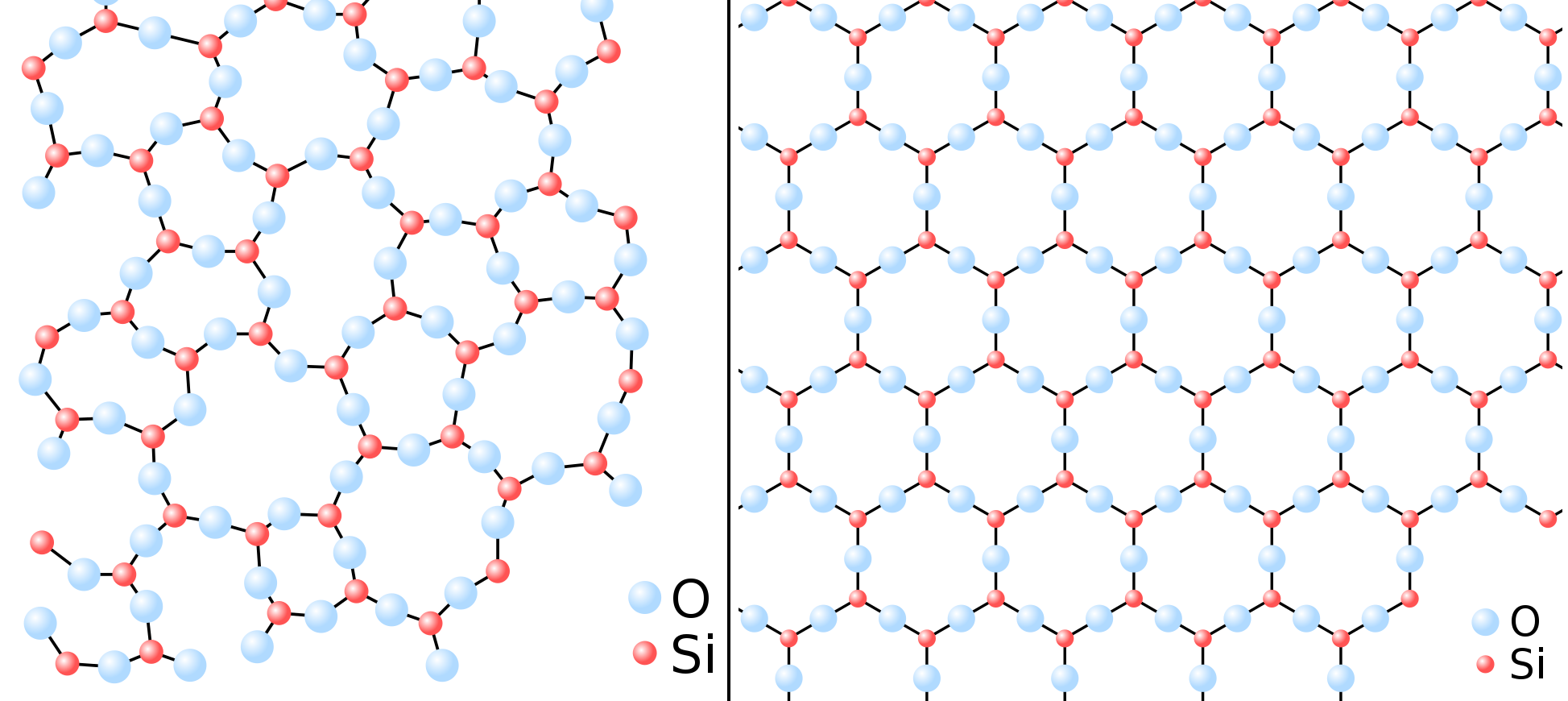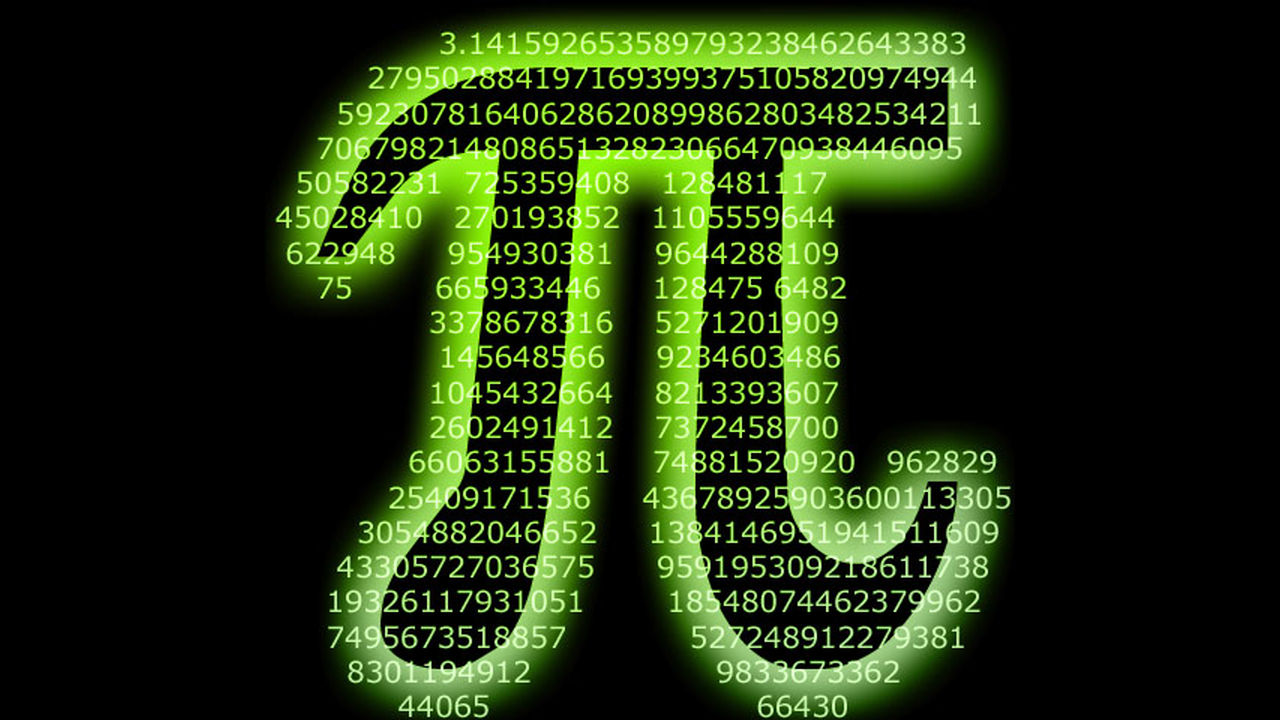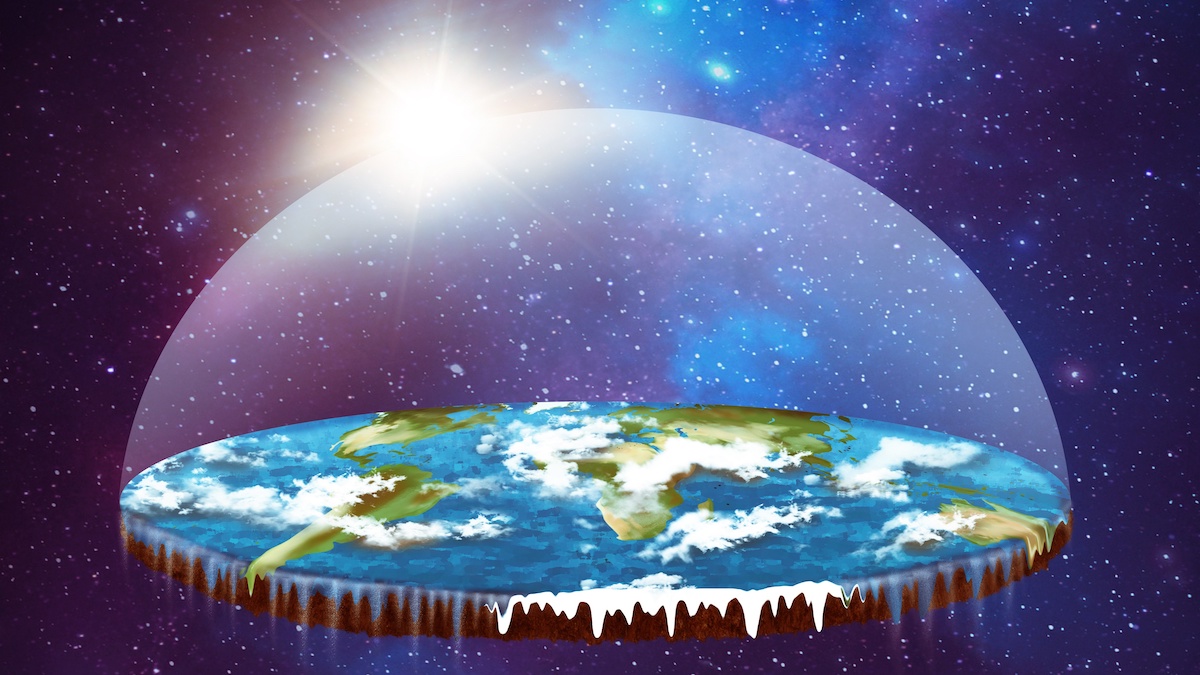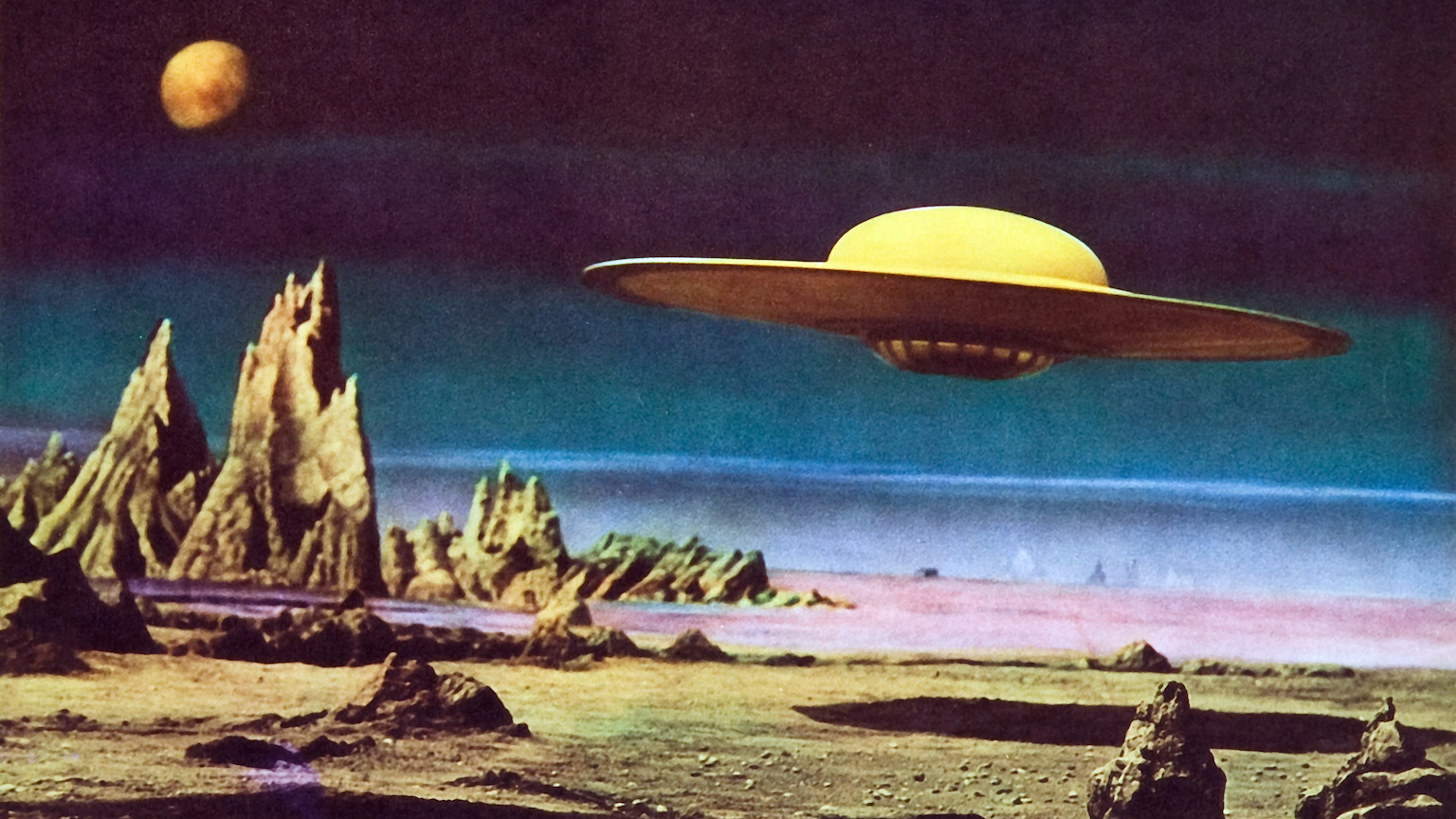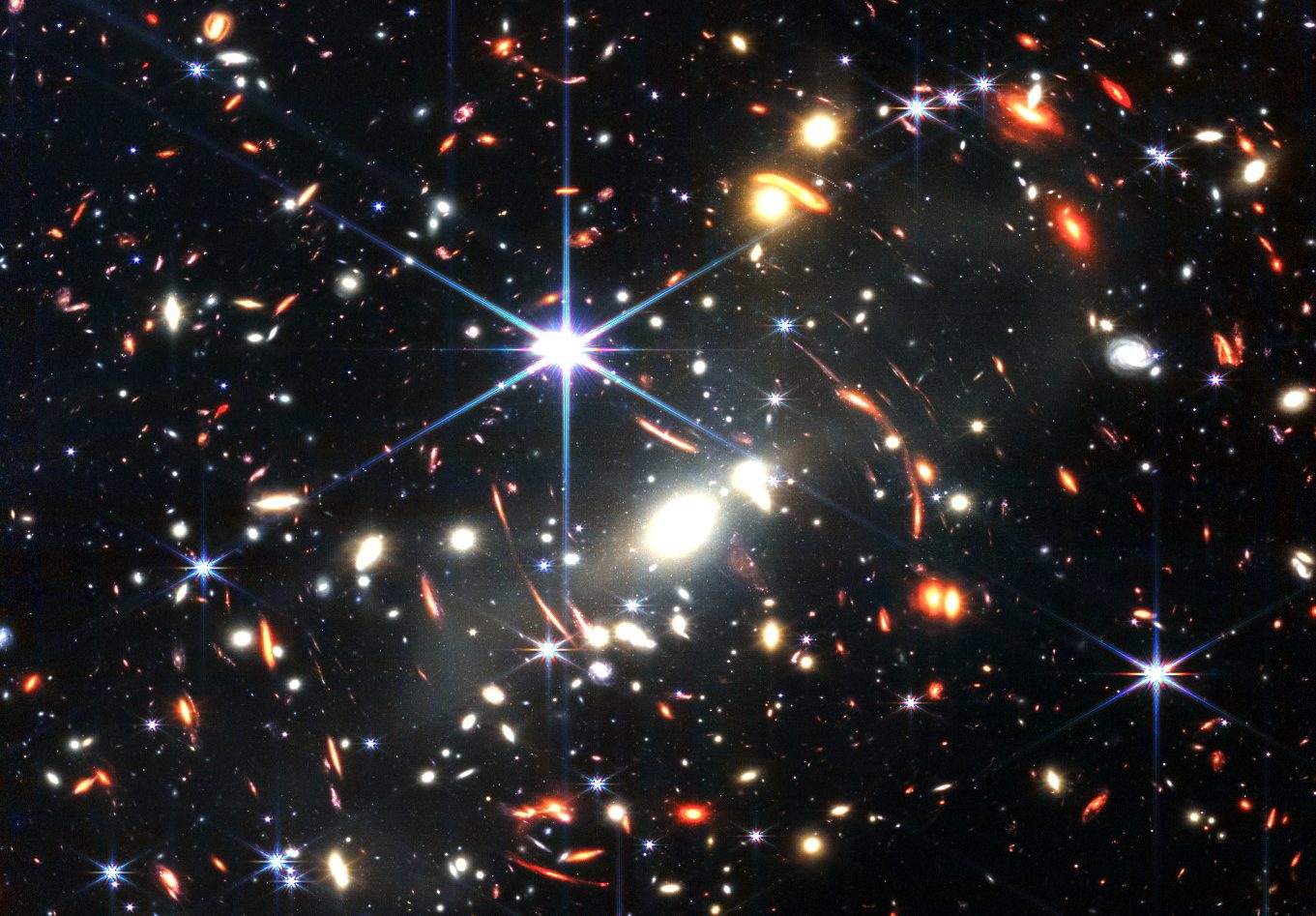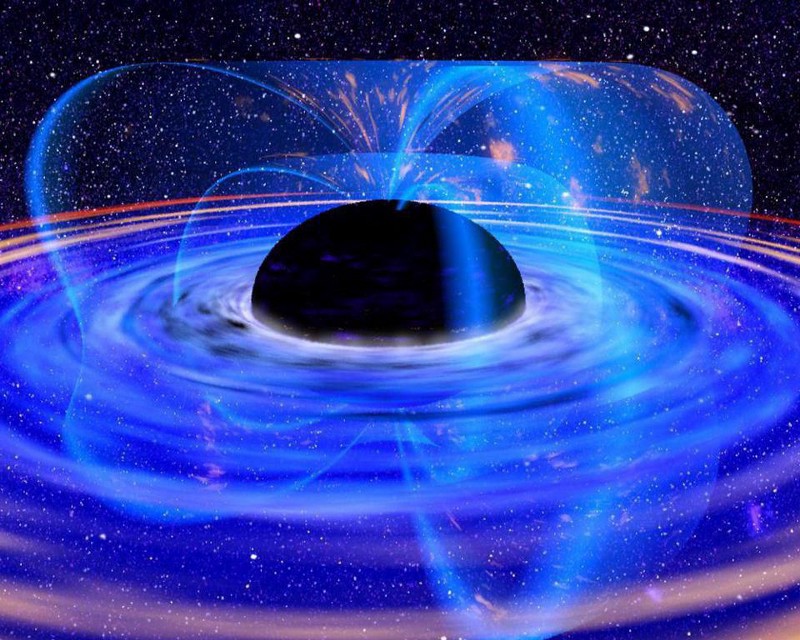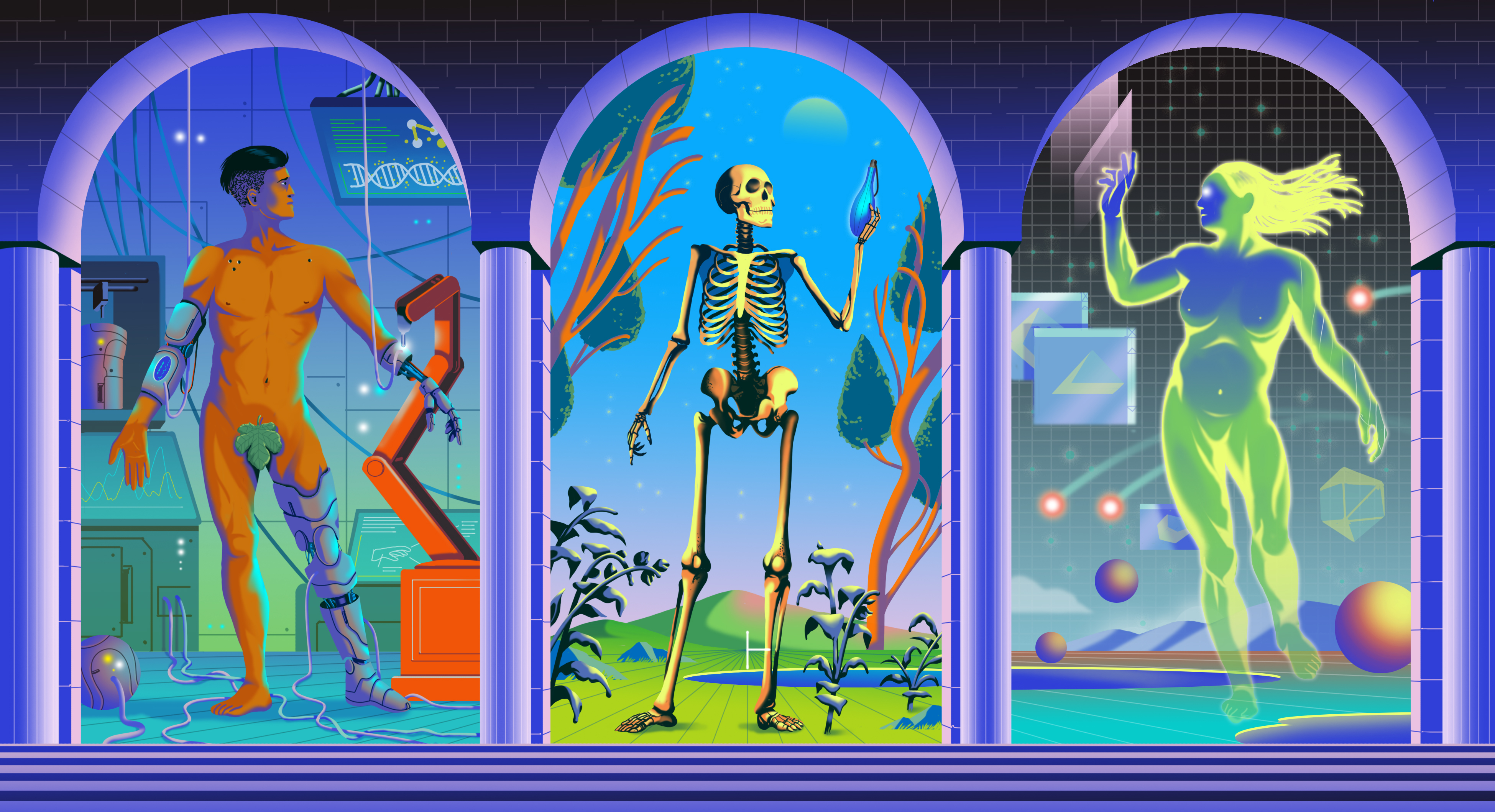Enough mass in one location will always create a black hole. But not all masses are possible. If you take enough mass and compress it into a small enough volume […]
Search Results
You searched for: quantum
If you’ve ever struggled with the strong force, this explanation is a life-saver. If you ask someone to think about some physical phenomenon that’s responsible for any sort of force […]
Why are the rest masses of fundamental particles related like this? When it comes to the nature of matter in the Universe, the Standard Model describes the known elementary particles perfectly […]
Have we always had quantum fields in the Universe? Or did they emerge at some finite time? No matter how we look at the Universe — at low temperatures or ultra-high energies, from […]
Yes, the Big Bang is real, but what about what came before? If you ask anyone about the origin of some phenomenon that we’ve observed, they’ll usually default to the same […]
It could evolve, strengthen, decay, or not be alone. Our known Universe contains matter, radiation, and dark energy. While matter (both normal and dark) and radiation become less dense as […]
If you have an old TV set with the “rabbit ear” antennae, and you set it to channel 03, that snowy static can reveal the Big Bang itself.
The great hope is that beyond the indirect, astrophysical evidence we have today, we’ll someday detect it directly. But what if we can’t?
We pretend to be in control, but we have frighteningly little knowledge upon which to base our life’s decisions.
Some say that the Sun is a green-yellow color, but our human eyes see it as white, or yellow-to-red during sunset. What color is it really?
In the early 20th century, a young biochemist named Alexander Oparin set out to connect “the world of the living” to “the world of the dead.”
The credibility problem facing the biomedical and public health establishment is, at least in part, a product of its own making.
Can computers do calculations in multiple universes? Scientists are working on it. Step into the world of quantum computing.
▸
12 min
—
with
Yes, dark energy is real. Yes, distant galaxies recede faster and faster as time goes on. But the expansion rate isn’t accelerating at all.
Are space and time real like atoms are, or is spacetime just a calculational tool? When most of us think about the Universe, we think about the material objects that […]
Forget these scientific myths to better understand your brain and yourself.
Complex organisms and living worlds couldn’t exist without these transitions. You couldn’t make the Universe we have today if everything were always the same. Although many philosophically favored the idea […]
Dark energy is one of the biggest mysteries in all the Universe. Is there some way to avoid “having to live with it?”
Using atoms to probe the Universe reveals the complete Standard Model. If you wanted to uncover the secrets of the Universe for yourself, all you’d have to do is interrogate […]
The Universe is grand, awe-inspiring, and greater than we likely imagine. Even astrophysicists get anxious thinking about it, but we cope.
The most common element in the Universe, vital for forming new stars, is hydrogen. But there’s a finite amount of it; what if we run out?
Einstein’s “happiest thought” led to General Relativity’s formulation. Would a different profound insight have led us forever astray?
It’s not for climate science and condensed matter physics. It’s for advancing our understanding beyond spherical cows.
It’s the best-known transcendental number of all-time, and March 14 (3/14 in many countries) is the perfect time to celebrate Pi (π) Day!
Pseudoscience is science’s shadow.
Technology has advanced at a blinding pace in the past 150 years. That won’t always happen.
JWST has seen more distant galaxies than any other observatory, ever. But many candidates for “most distant of all” are likely impostors.
We still don’t know how the information encoded onto it gets out. No matter what you do in the Universe, its overall entropy always increases. Even when we put things in […]
Scientific pluralism is the notion that some questions must be approached from many angles. How can we integrate these scientific models?
Proponents of transhumanism make big promises, such as a future in which we upload our minds into a supercomputer. But there is a fatal flaw in this argument: reductionism.
